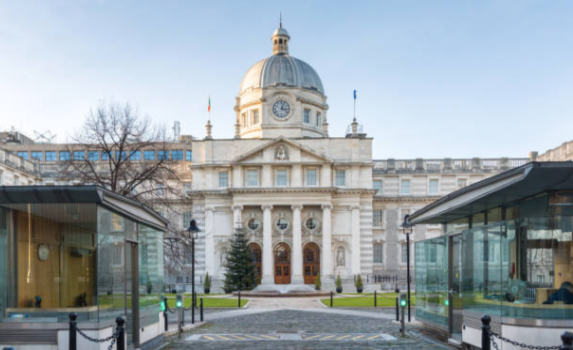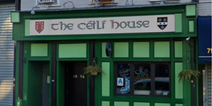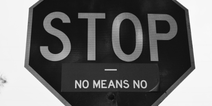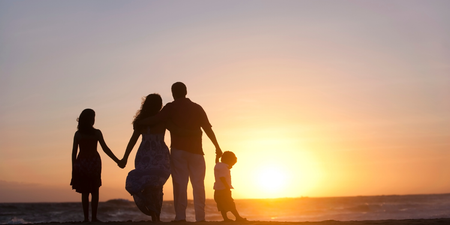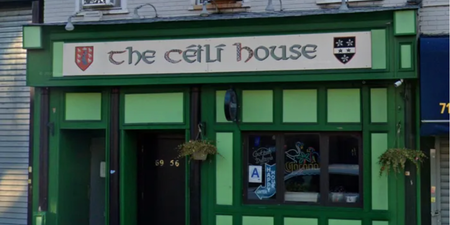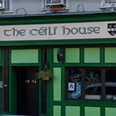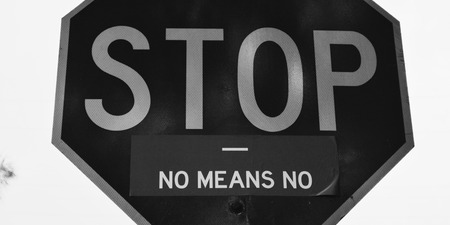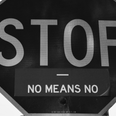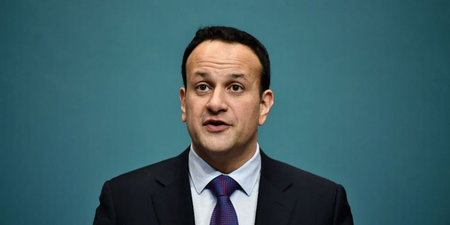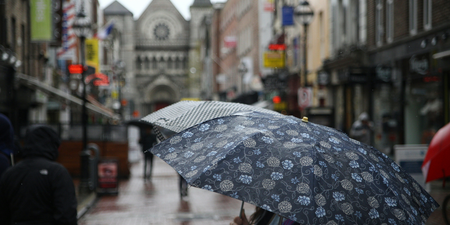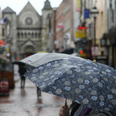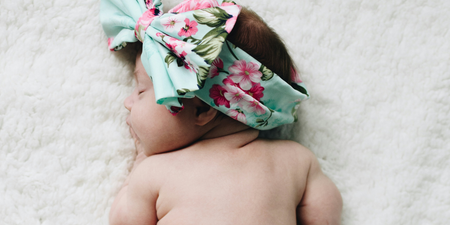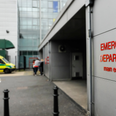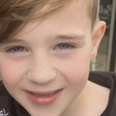Polls open on Saturday, February 8.
The ongoing race for seats in the Dáil has been described as the “election of change,” as it has become abundantly clear that a lot of the Irish electorate are very much in the market for a political shift.
So, ahead of this month’s General Election, we decided to ask a handful of first time candidates why 2020 was their year for running for the Dáil – and what they hope to achieve if elected.
Sandra Murphy – Fianna Fáil

A first time candidate in her native Cork, Sandra says that she decided to run for the Dáil after becoming “annoyed at the inertia” of the current government.
“Since my campaign began, I have encountered deep levels of despair, frustration, and anger on the doorsteps of my constituents,” she says. “Cork has suffered as a consequence of empty promises.”
Sandra’s key areas of concern include healthcare, the delivery of Cork City’s ‘Housing First’ initiative, and childcare resources.
She also wants to address crime rates in the city and continue to promote Cork as a vibrant, eco-friendly city.
“I was born, raised, and educated in the Cork north central constituency,” she says.
“I want to represent the interests of our community and bring improvements to our people by helping to deliver what is right and fair.”
Saoirse McHugh – Green Party

“I don’t know if there is a time that feels optimum to run for the Dáil,” says Saoirse.
“There are always going to be aspects of running that make me think ‘I shouldn’t do this now,’ but with our agricultural, health, housing, and environmental crises I figure that there is a real urgent need for new ideas and values in the Dáil.”
Saoirse says that if elected TD, she will first raise the issue of “the transparency of lobbying and the revolving door between politics and lobby groups.”
“Large business groups disproportionately affect our legislation and their priorities are not the same priorities that a country should have,” she says.
“I am hopeful, and if recent polls are anything to go by (and I know they’re just polls) then there is a noticeable shift left away from the two main parties. That gives me hope.”
Marian Spelman – Labour

Marian says that she decided to run for the Dáil during last year’s local elections when she went canvassing for the first time.
“Going door to door and finding out what people’s issues were and what they wanted to see changed,” she says. “It showed me there was so much more we could do, so now we’re hoping to reach a much larger amount of people.”
If elected, Marian says she wants to address the funding afforded to mental health and disability services – groups that she believes often don’t have a voice in the political sphere.
She says that although she doesn’t feel a lot of pressure being a first time candidate, she does think her approach is different to those who have been TDs for years.
“They can become very jaded,” say says. “As with most systems, a rotation of people and staff is very good.”
“I don’t think there’s much pressure on me, it’s mainly the pressure I put on myself. I’m very enthusiastic about this though. Even if I don’t get it, and I really hope that I do, I would genuinely like to keep helping.”
Linda Hayden – Social Democrats

Having done a lot of anti-sexual violence work and setting up Action Against Sexual Violence Ireland, Linda says that she was in the market for a political party that aligned with her values.
After she found one, she decided she wanted to do her bit to incite change.
“The current system we have had for the last number of years does not work, all of the major public services are broken and need overhaul,” she says.
“Through effective public services and a social democracy, where they are free and accessible to all, we can ensure people have affordable lives, quality time to enjoy them and sustainable communities with people at the heart of them. I don’t think we can wait any longer for this.”
Linda says that education, health, and particularly housing are top of her list. If elected, she would prioritise implementing a nationwide rent freeze, the building of affordable social homes, and the introduction of Sláintecare.
“We have a problem where too many people cannot access these basic needs and if they do get access to them, the services that are provided are not working sufficiently to deliver 100 percent,” she says.
“We cannot accept a government that is anything but 100 percent committed to doing things differently.”
The General Election takes place on Saturday, February 8.
